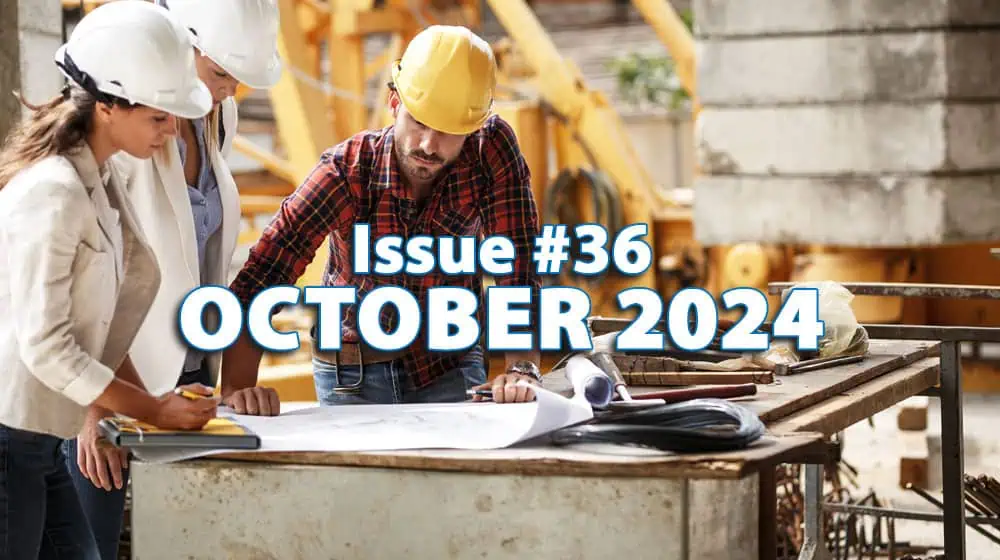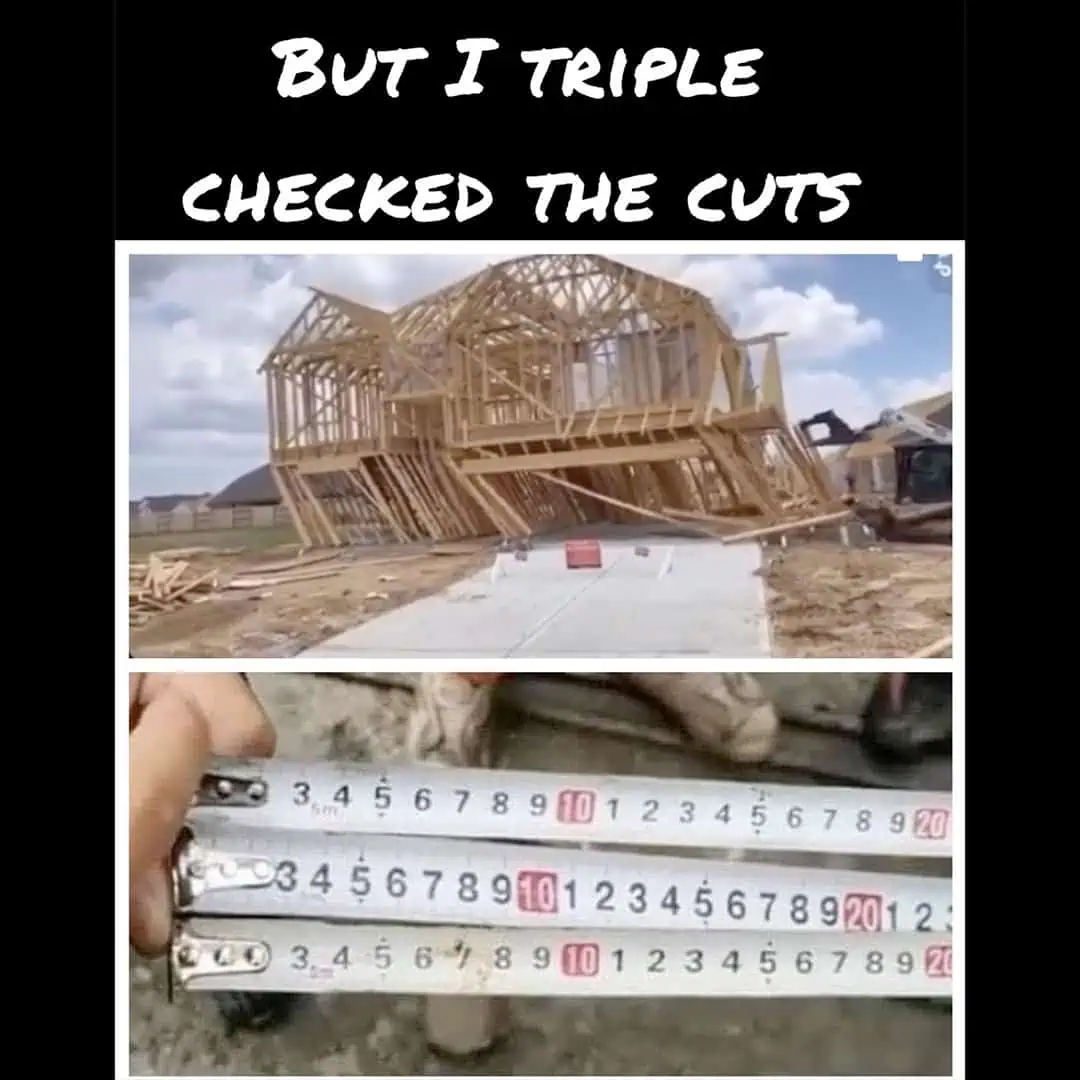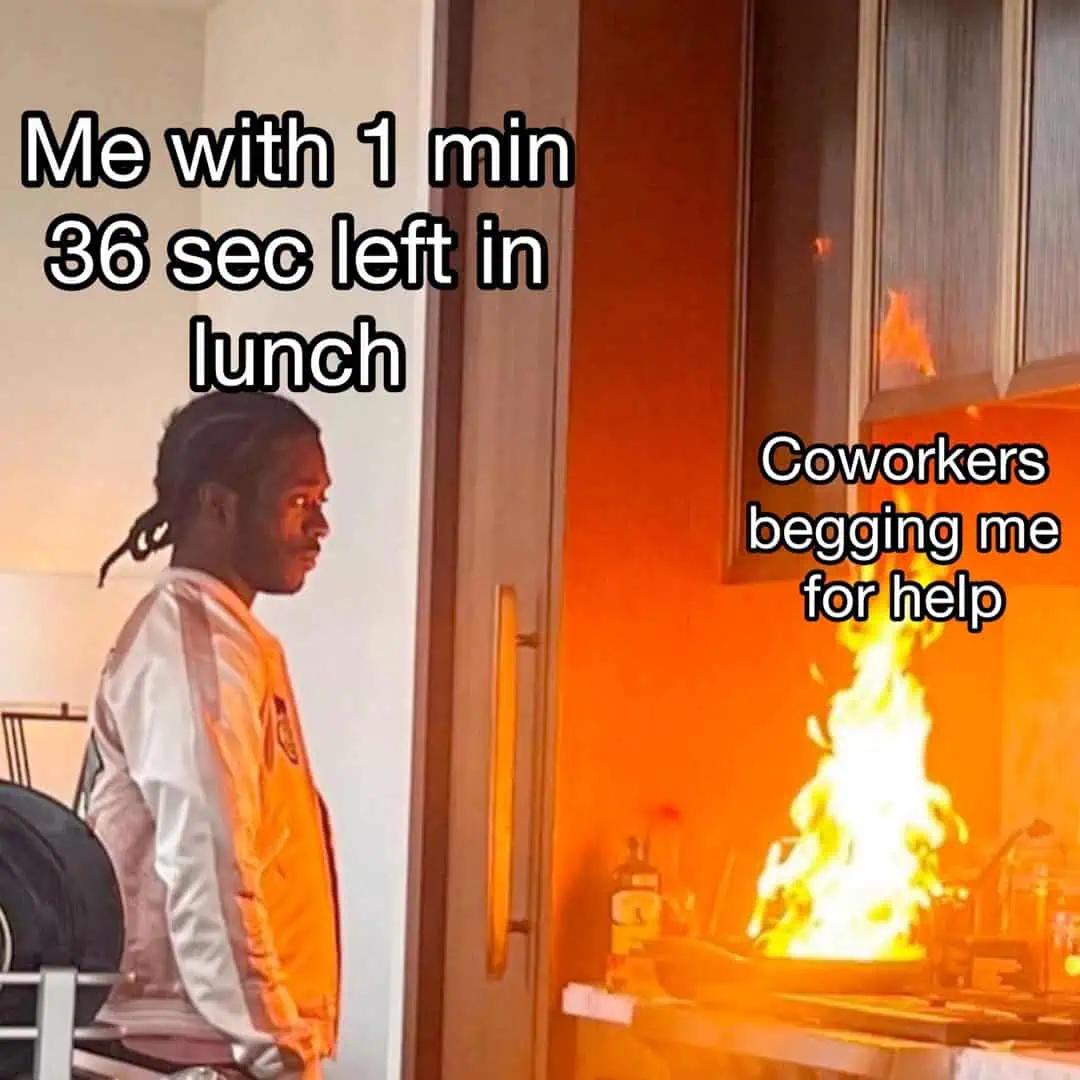
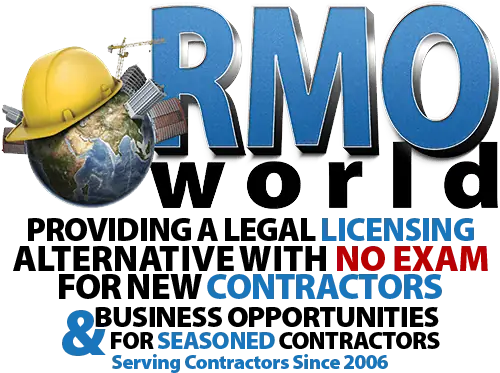

Featured in this edition:
- The Winchester Mystery House
- Progress Payment Restrictions
- Contracting For Success
- CSLB Multiple Offender Unit
- Refer A Friend & Get Paid
The Winchester Mystery House: A Haunting Tale of Construction
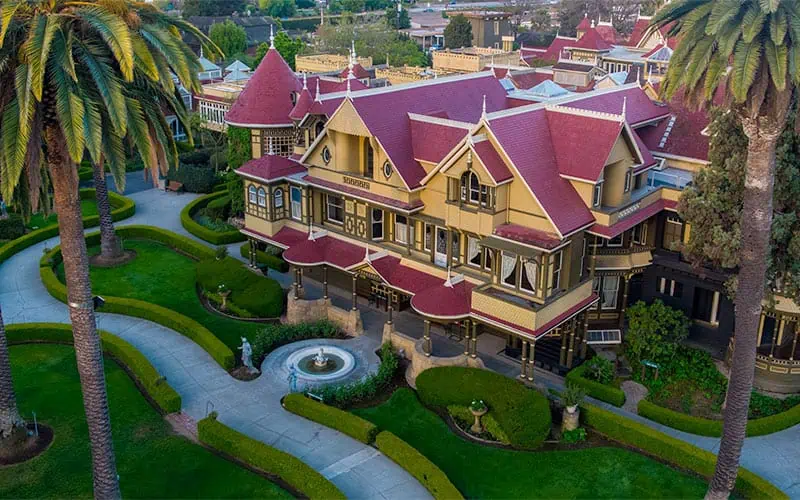
It is the season of haunted houses and all things spooky, so in this article we will briefly talk about what some consider the most haunted house in California, The Winchester Mystery House and its bizarre construction features. Nestled in the heart of San Jose, California, is a sprawling Victorian mansion steeped in mystery and legend. Built by Sarah Winchester, the widow of gun magnate William Winchester, the house is a testament to her unwavering belief in the supernatural and her desire to appease the spirits of those killed by Winchester rifles.
Construction of the Winchester Mystery House began in 1886 and continued for nearly 38 years until Sarah’s death in 1922. The house was a constant work in progress, with rooms added, removed, and remodeled seemingly at random. This chaotic construction style is often attributed to Sarah’s belief that spirits guided her decisions, preventing them from ever completing the house.
The Winchester Mystery House is filled with peculiar architectural features that continue to intrigue visitors today. There are 13 bathrooms, but only one bathtub; a seance room with a sliding panel; and a secret staircase that leads to nowhere. The house also boasts a number of hidden doors, windows, and passageways, many of which are believed to have been designed to confuse and disorient spirits.
One of the most striking features of the Winchester Mystery House is its towering, 13-story turret. This unique structure is said to have been built to confuse spirits, as 13 is considered an unlucky number in many cultures. The house also features a number of intricate stained glass windows, which are believed to have been designed to repel negative energy.
Today, the Winchester Mystery House is a popular tourist destination, attracting visitors from all over the world. Guided tours of the house offer a glimpse into Sarah Winchester’s fascinating life and the mysterious world she inhabited. Whether you’re a believer in the supernatural or simply curious about the history of this remarkable building, a visit to the Winchester Mystery House is sure to leave a lasting impression.
Reminder Regarding Progress Payment Restrictions

Due to the CSLB recently receiving many complaints about this, we would like to remind all contractors that the Business and Professions Code (BPC) restricts payments on home improvement contracts to a maximum down payment of $1,000 and subsequent payments must not exceed the value of materials and work performed, including for residential solar.
BPC sections 7159 and 7159.5 contain mandatory home improvement contract provisions regarding down payments and progress payments for home improvement work. The definition of home improvement includes solar energy systems.
Home improvement contract provisions limit contract payments and require the following language to be in the contract, pursuant to BPC sections 7159(d)(8) and (9).
- The heading: “Down Payment”
- A space where the actual amount of the down payment appears
- The following statement in at least 12-point boldface type: “THE DOWN PAYMENT MAY NOT EXCEED $1,000 OR 10 PERCENT OF THE CONTRACT PRICE, WHICHEVER IS LESS.”
- Schedule of Payments: If a home improvement contract includes a payment schedule, rather than payment at project completion, the progress payment(s) must show the amount of each payment and explain what work, materials or services have been completed for that payment, and be preceded by the heading “Schedule of Progress Payments.”
- The following statement must be included in a contract that provides for a payment schedule in least 12-point boldface type:
- “The schedule of progress payments must specifically describe each phase of work, including the type and amount of work or services scheduled to be supplied in each phase, along with the amount of each proposed progress payment. IT IS AGAINST THE LAW FOR A CONTRACTOR TO COLLECT PAYMENT FOR WORK NOT YET COMPLETED, OR FOR MATERIALS NOT YET DELIVERED. HOWEVER, A CONTRACTOR MAY REQUIRE A DOWN PAYMENT.”
Contractors found to be in violation of home improvement contract law are subject to disciplinary action from the CSLB as well as inclusion on the Public Utilities Commission Watch List. In addition, a violation of BPC section 7159.5 and its provisions regarding down payment and progress payment restrictions is punishable as a misdemeanor.
To ensure you are complying with home improvement contract law, please see CSLB’s Contracting for Success Brochure.
Contracting For Success

A contract is one of the most important tools you have to help you have a successful business. A well written contract can help open the lines of communication between you and your client. A badly written contract can quickly lead to miscommunication and misunderstandings; problems that could land you in court or under investigation by the Contractors State License Board (CSLB).
“Contracting for Success” was written by the CSLB to help you understand the different elements that are required to be in all home improvement contracts. It also explains the state requirements for Service and Repair contracts. Review their booklet closely and make sure your contracts follow California law.
Some Contract Ground Rules
There are several basic elements that all Home Improvement Contracts must legally contain:
- A home improvement contract and any changes to the contract must be in writing and signed by all parties. The writing must be legible and printed forms must be readable.
- Before any work is started, the contractor must give the buyer a copy of the contract signed and dated by both the contractor and the buyer.
- Unless a larger typeface is specified in the law (Business and Professions Code 7159), text in any printed form shall be in at least 10-point typeface and the headings shall be in at least 10-point boldface type. (Example of 10-point bold)
- Except for a down payment, a contractor can’t demand or accept payment for work or materials until the work is actually done or the materials are delivered. The down payment may not exceed $1,000 or 10 percent of the contract amount, whichever is less.
- If the contract includes a salesperson’s commission in the contract price, the payment to the salesperson shall be made on a pro rata basis in proportion to the schedule of payments made to the contractor.
- The contract must also contain the name and registration number of the salesperson.
CSLB Multiple Offender Unit

The CSLB recently established a Multiple Offender Unit to address a dramatic increase in consumer-filed solar complaints. From 2018-19 to 2022-23, CSLB has seen a 176 percent increase in solar complaints.
While most solar contractors conduct their business in a professional and legal manner, this unit is focused on early complaint disclosure pursuant to Business and Professions Code 7124.6 and filing accusations to revoke licenses of contractors committing egregious or repeated violations of Contractors State License Law.
Know someone who needs a license or wants to become an RMO?
Earn $250 cash or $500 credit off your monthly RMO service for each referral that signs up with RMO Agency.
Click the link to refer your friends to our program.

Your Satisfaction Is Our Success!
Please contact us with any questions at:
Email hello@rmoagency.com
Call 800-818-4962.
Reviews
“I needed help and support”
Cammy talks about why she signed up with our program.

